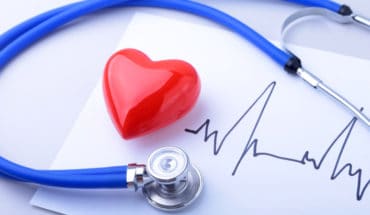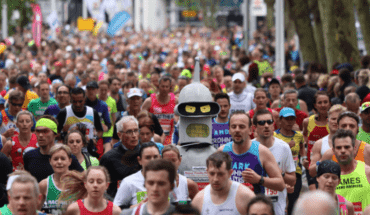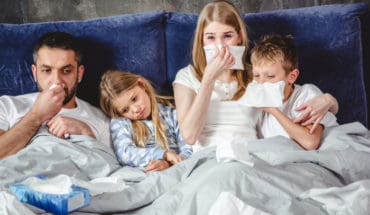- More than 532,000 young teenagers have been left to cope with a drunken friend who was sick, injured or unconscious in the last year.
- 1/4 of young people have had to deal with asthma attacks.
- 1/3 of teenagers have had to cope with someone with a head injury.
- 1/5 teenagers have had to help someone who is choking.
Crucially: when faced with these emergency situations, 44% panicked and 46% simply didn’t know what to do. In the survey’s most compelling statistic, 97% of young people, believed first aid education would improve their confidence, skills and willingness to act in a crisis.
Here is some guidance, as to the best ways to help with some of the most common student emergencies.
Overdoing it on the alcohol
If someone has collapsed having drunk too much; it is vitally important to immediately check that they are breathing and then roll them into the recovery position to keep their airway clear. When someone is drunk; it can be harder for them to maintain their body temperature and they can quickly succumb to hypothermia. If they are outside if possible, move them inside; or alternatively, if it is unwise to move them, insulate them from the ground and cover them with a coat or blanket. Whoever is with them should keep checking they are breathing and that their airway remains clear, especially if they are vomiting.
Alcohol also makes it harder to assess serious signs and symptoms. If someone hits their head and they are drunk; they should always be checked out by a medical professional. Anyone who has suffered a head injury should be monitored for the next 48 hours to check for any signs of brain injury. this is even more important if they have been drinking or have taken any other substances.
Drugs
If someone has taken some sort of high, they are likely to have poor judgement and underestimate risks; they may even seek danger as an additional thrill. It is usually fairly obvious when someone is out of it – check for dilated or constricted pupils, speak to them and listen to what they are saying and how they say it. They may have taken a cocktail of drugs, or they may not know what they have taken at all. What they bought may be different to what they thought they were buying.
It is possible that they might be hallucinating, or could be violent; do not put yourself in any danger. If they do not want your help and you are concerned about them; call an ambulance and the paramedics will take control of the situation. Many drugs lead to an excessive thirst and overheating and it is vitally important to remain well hydrated and not to mix drugs and alcohol. If you are caring for someone who is suffering a bad reaction from drugs, get help fast. When someone is unconscious and breathing, you should put them into the recovery position and keep checking that they are breathing. If they stop breathing and you need to do CPR, ensure you protect yourself with a face shield.
Asthma attacks
It is important for everyone to remain as calm as possible as stress and panic will make the situation worse. Encourage them to use their blue reliever inhaler. If they haven’t got access to their inhaler; you should phone an ambulance. If you are near a chemist that is open, it is possible to buy an emergency inhaler over the counter if you show proof of prescription for medication. You should seek medical help immediately, if their symptoms get worse.
Fallen from a height or hit by a car
If you suspect someone may have a spinal injury, it is still absolutely vital to protect their airway and ensure they continue to breathe. However, it is also important to avoid twisting their spine. Maintaining a clear airway is of paramount importance and so you will still need to roll them into the recovery position if they are unconscious and breathing and it is best to log roll them with the help of others. Treat bleeding by applying direct pressure; watch for signs of shock and phone for an ambulance.
First Aid is an essential life skill and helps young people remain safer by appreciating risk and being able to help each other if they are involved in a medical emergency. My own teenagers have both had to use their first aid skills and knowledge on numerous occasions; at parties, on the sports pitch, babysitting and whilst doing their Duke of Edinburgh Expeditions. A First Aid qualification is invaluable to young people striving to achieve their Duke of Edinburgh and Sports Leadership Awards and is highly sought after by UCAS – particularly if applying for a medically related subject.
Parents feel far more confident leaving their little ones with someone equipped with the skills to help if there is an accident. Sports and kids clubs view First Aid skills as a necessity. Therefore not only are the skills hugely valuable, likely to be used and could save a life; the qualification gained is likely to increase a young person’s chances in this highly competitive world.
- What is a seizure? - 13th March 2025
- Febrile Convulsions and Seizures in Children - 13th March 2025
- Why women are less likely to receive CPR or survive cardiac arrest - 6th March 2025







